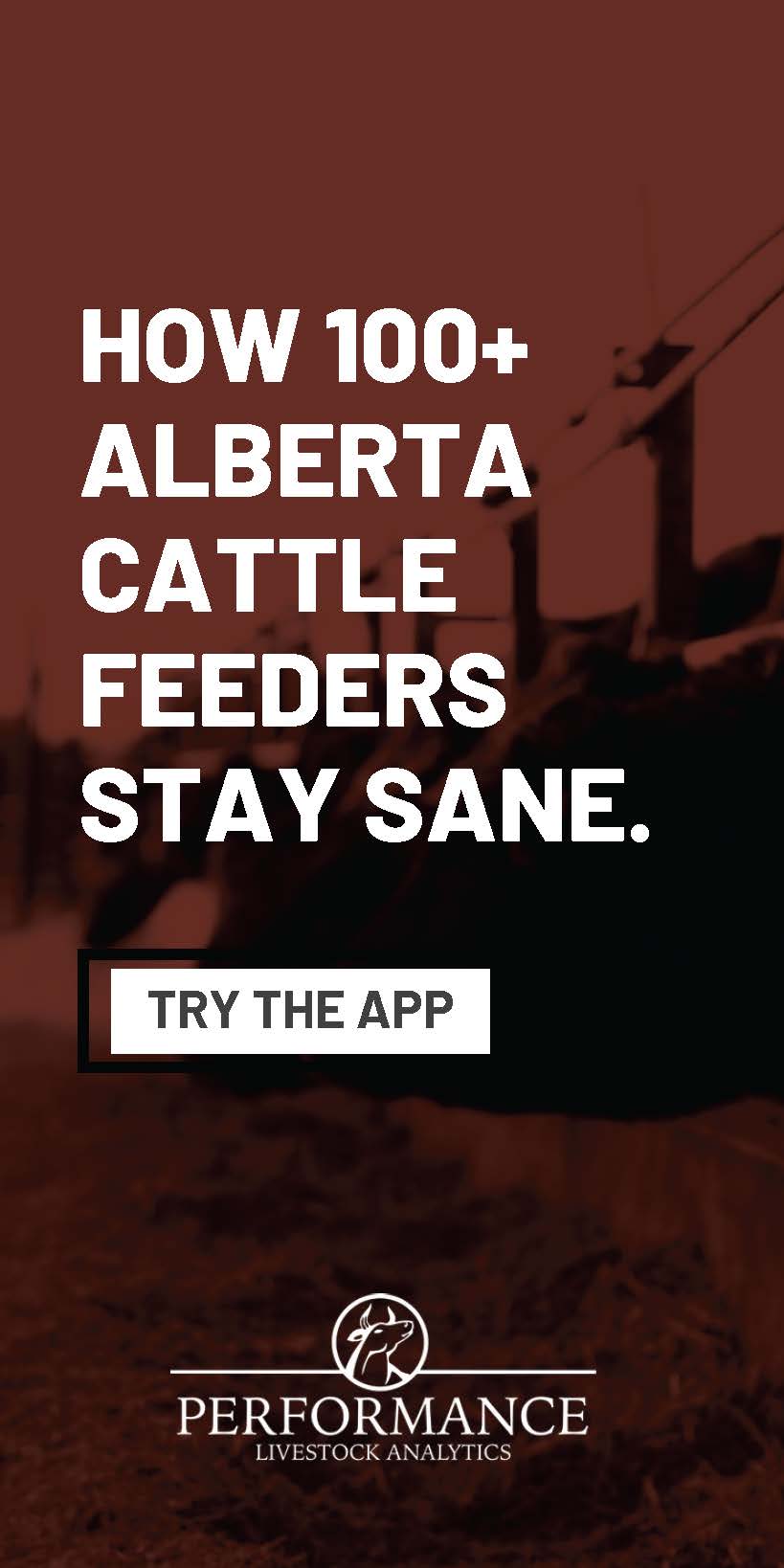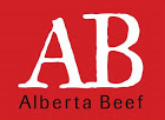Recent headlines in urban dailies seemed vaguely familiar; they were screaming outrage with headings like “Cowboy welfare costing Alberta taxpayers millions.” The implication seemed to be that cattle producers and grazing associations who held grazing leases on public lands were ripping off the taxpayer to the tune of $25 million per year. The sensationalized story tried to provide some support to the allegation by quoting public conjectures and musings made by Auditor-General Merwan Saher. Not surprisingly the city media seemed to be unaware that this is an old story. A bit of research would have found that 16 years ago, the same issue generated the same accusatory headlines. The difference is that the journalists and bureaucrats who were involved with the issue back then are long gone or retired. In the absence of those veterans to guide the young and innocent, eager naive reporters and bureaucrats figured that they had just uncovered a brand new outrageous scandal worthy of presumptive headlines and spurious allegations. To those of us living through it – history does indeed repeat itself – unfortunately again and again.
It might have been helpful had the Attorney-General first spoken to some of the folks who had dealt with the issue 16 years ago. In all likelihood he would not have made the same public speculations about leaseholders pocketing millions on their leases. I would further suggest that his report on the issue displays considerable naiveté about a complex arrangement that has worked well for producers and the public for over 120 years. His most egregious allegation was the $25 million figure, with the implication that all leaseholders were in on the gravy train. Incredibly, he admitted that he had little data on which to make that statement, except for one case where intensive energy industry activity was taking place. (One ponders why that case was found and not a case with only average activity). That one case was then extrapolated into every leaseholder receiving the same compensation. The majority of grazing leaseholders know that simply is not true, being most receive either no compensation or considerably less than the case mentioned. The Attorney-General should have known that his public speculating would have been sensationalized by headline hungry city editors. Interestingly, 16 years ago government officials were able to provide information on how many leaseholders were receiving compensation on leaseholds and how much. That information may still be available from the bowels of some department, but conveniently not found by the urban media or the Attorney-General. I expect the old info would probably reflect the present situation – but that would ruin a hyped-up headline.
It all fell to Larry Sears, the venerable chairman of the Alberta Grazing Leaseholders Association to set the record straight. He sent out press releases and letters to editors pointing out the misleading aspects to the media story. But as with all sensational stories the damage was already done and its unlikely urban dailies will publish a follow-up article with the rest of the story. There is a misguided perception with many city folks that producers are all rich “Cattle Barons” with vast land empires. It makes any allegations about their activities an easy target for sensational stories. It reminds one of the BSE crisis when urban dailies published endless speculative stories with the inflammatory headline “Mad Cow.” Your humble writer was told on a number of occasions by city media editors that they were fascinated with that fearmongering headline and that the context of the story was of no real concern for naive city readers. But I digress.
Some common sense prevailed 16 years ago and a bill to radically alter the leaseholder compensation program was not fully enacted. I recollect that at the time, after sober second thought, the expected revenue from redirecting some of the compensation to the government was not as vast as had been speculated. In addition it seemed to make more sense to leave compensation revenue to be spent in local areas rather than disappear into government coffers in Edmonton. Having said that, no government program is perfect and amendments need to be made to adjust to changing public circumstances and unforeseen regulatory developments. There is a case that a cap needs to be put on what appears to be excessive access compensation. It’s a hard sell to the public when compensation revenue exceeds the value of the return on grazing or the cost of grazing fees. One of the ongoing problems in resolving any grazing leaseholder issues in a timely manner has been that the responsibility has been bounced back and forth between departments like Agriculture and Sustainable Development (it now has a new name I believe). Clearly Agriculture should have the responsibility as they have the longest record of engagement and have the critical technical expertise and big picture perspective that this matter needs and deserves.
Over all that time, leaseholder organizations and government officials have engaged in negotiating a new grazing fee arrangement which was to come into effect this fall. That enlightened new deal also made provision for a percentage of the fees to be used for much needed range rehabilitation projects. All of that now seems to be in jeopardy with demands that the entire grazing leasehold program needs to be thoroughly reviewed by government officials. That too sounds rather familiar – it seems to some of us old war horses that a previous generation of bureaucrats had made a similar review 16 years ago. One can only hope that the young and eager government officials involved with this issue now, might consider learning from history and from those (including leaseholders and their organizations) that plowed those fields long ago. Repeating history is not always productive.




